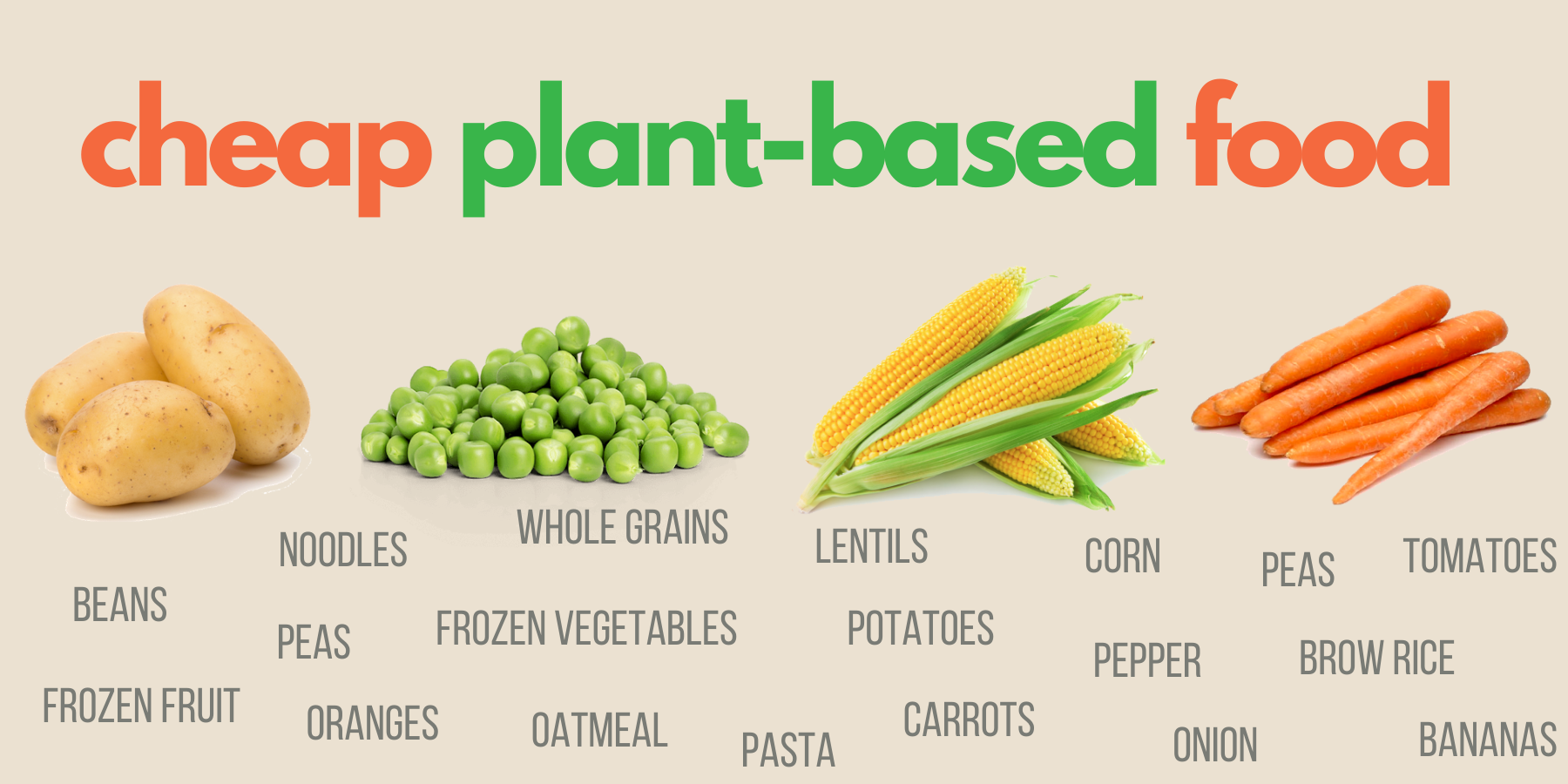The Green Revolution: Exploring the Hottest Plant-Based Food Trends
As we delve into the ever-evolving landscape of plant-based eating, it becomes evident that the Green Revolution is in full swing, capturing the attention of food enthusiasts, health-conscious individuals, and environmental advocates alike. The culinary world is abuzz with the hottest trends in plant-based foods, offering a diverse array of options that not only tantalize the taste buds but also promote sustainability and well-being. From innovative plant-based meat alternatives to creative uses of ancient grains and pulses, these trends are reshaping the way we think about food and paving the way for a more vibrant and planet-friendly dining experience.

Benefits of Plant-Based Diets
Eating a plant-based diet can lead to many health benefits. Research shows that plant-based diets are rich in essential vitamins, minerals, and antioxidants that support overall well-being. With a focus on whole foods like fruits, vegetables, nuts, and legumes, plant-based diets are often lower in saturated fats and cholesterol, which can reduce the risk of heart disease and promote a healthy heart. Furthermore, plant-based diets are high in fiber, which can aid digestion, help maintain a healthy weight, and reduce the risk of conditions like type 2 diabetes.
Popular Plant-Based Food Alternatives
One trending plant-based food alternative attracting attention is jackfruit, known for its versatile and meat-like texture. plant based 's commonly used as a substitute in vegan pulled pork dishes or added to tacos for a hearty, plant-based protein option.
Another popular plant-based alternative is nutritional yeast, often referred to as “nooch.” This ingredient is favored for its cheesy flavor, making it a popular choice for sprinkling on popcorn, pasta, or even using it to create dairy-free cheese sauces.
Quinoa has also emerged as a staple in plant-based diets due to its high protein content and versatile nature. It can be used in salads, soups, or even as a substitute for rice in various dishes, offering a nutritious and filling option for plant-based eaters.
Challenges and Considerations
When adopting a plant-based diet, it is important to ensure that you are still getting all the necessary nutrients your body requires to maintain optimal health. Some of the key nutrients to pay attention to include protein, iron, calcium, vitamin B12, and omega-3 fatty acids.
Additionally, transitioning to a plant-based diet may pose social challenges, especially when dining out or attending gatherings where meat and dairy products are the norm. It requires a certain level of planning and communication to navigate these situations while staying true to your dietary choices.
Another consideration is the potential environmental impact of increased demand for plant-based foods. While plant-based diets are generally considered more sustainable than animal-based diets, factors such as transportation, packaging, and agricultural practices can still have varying degrees of impact on the environment.